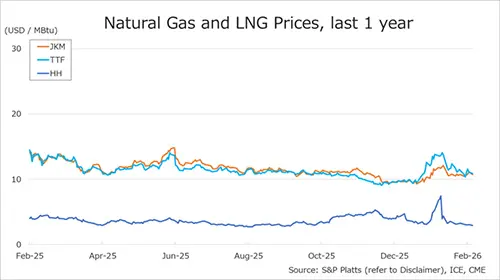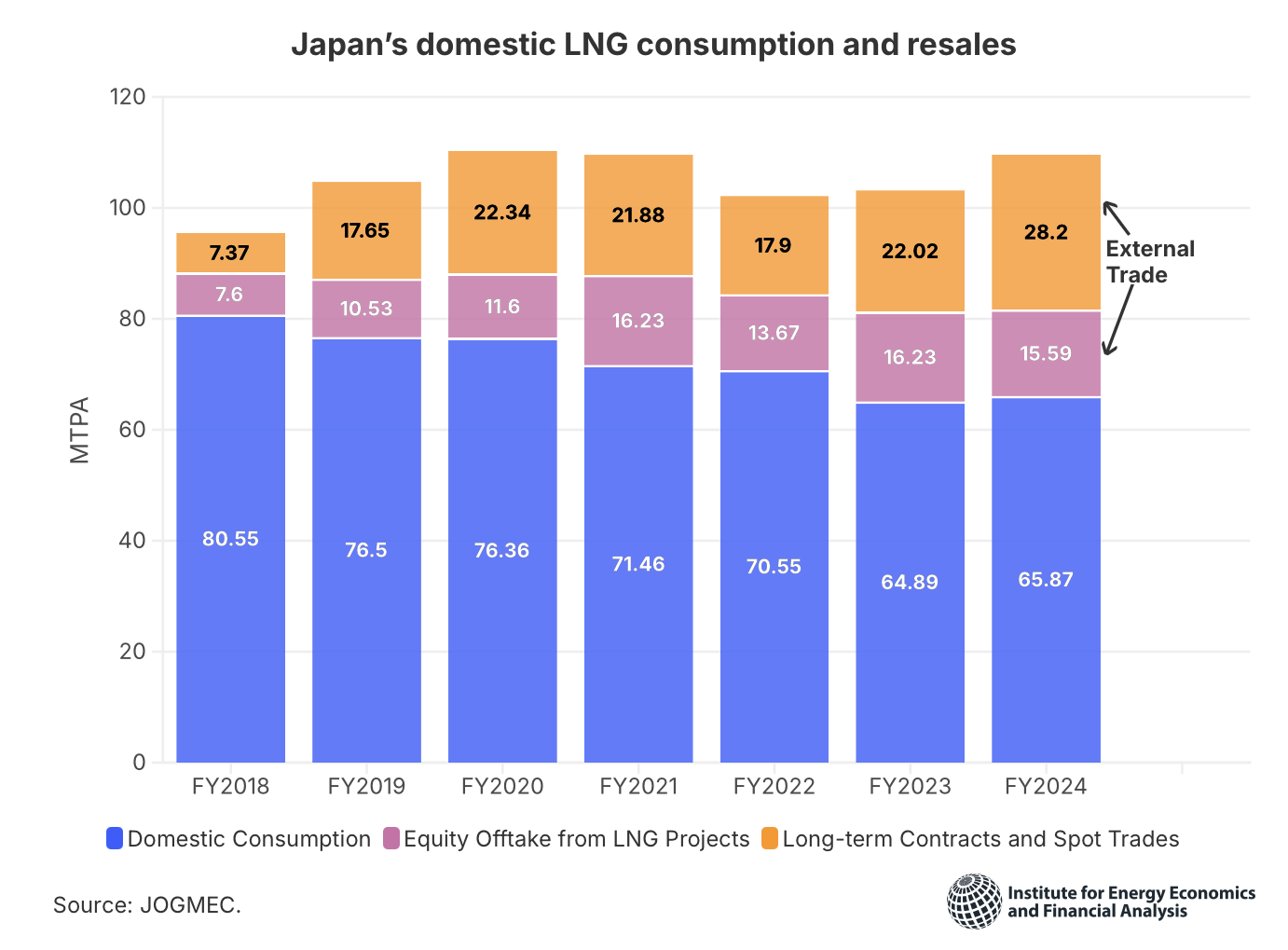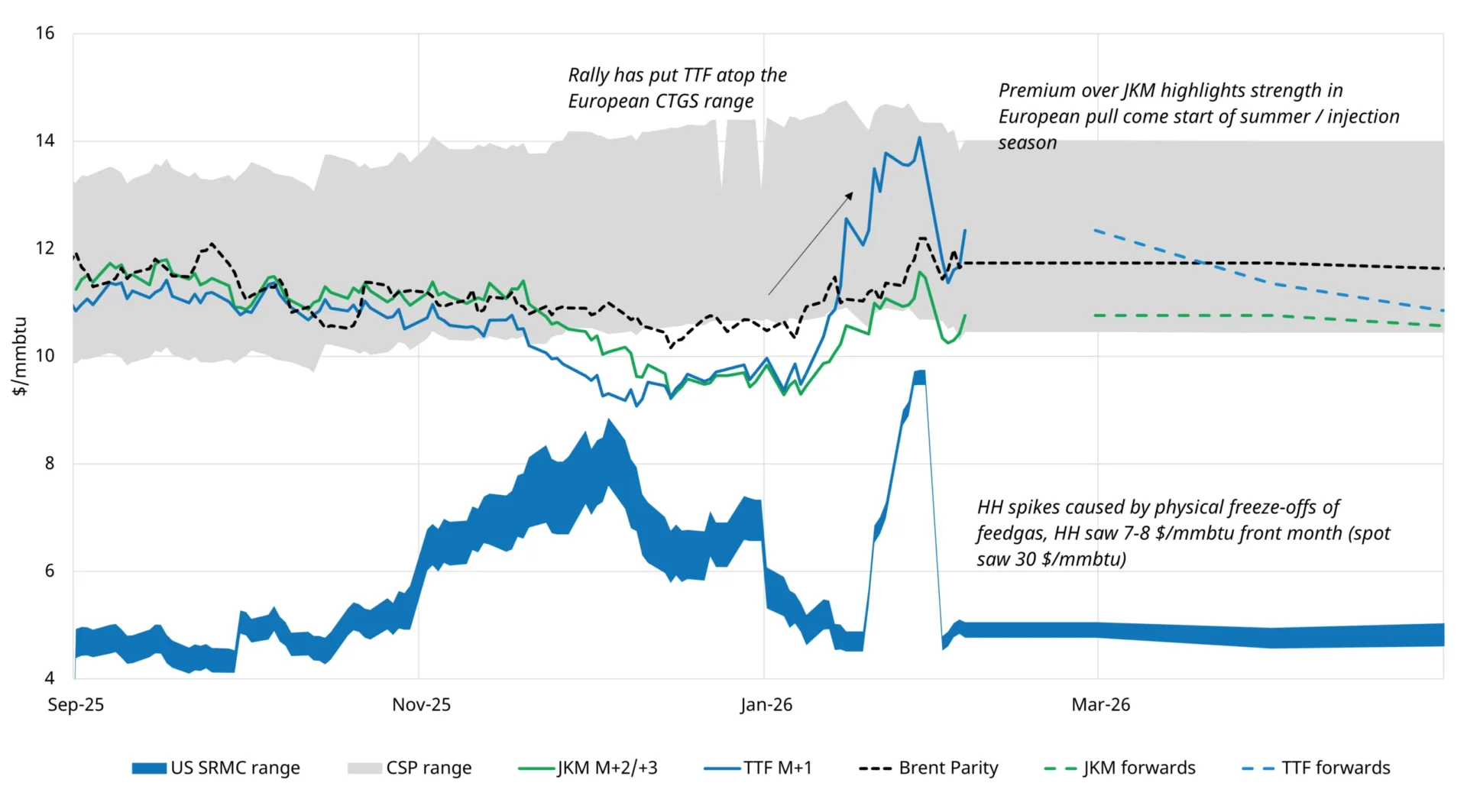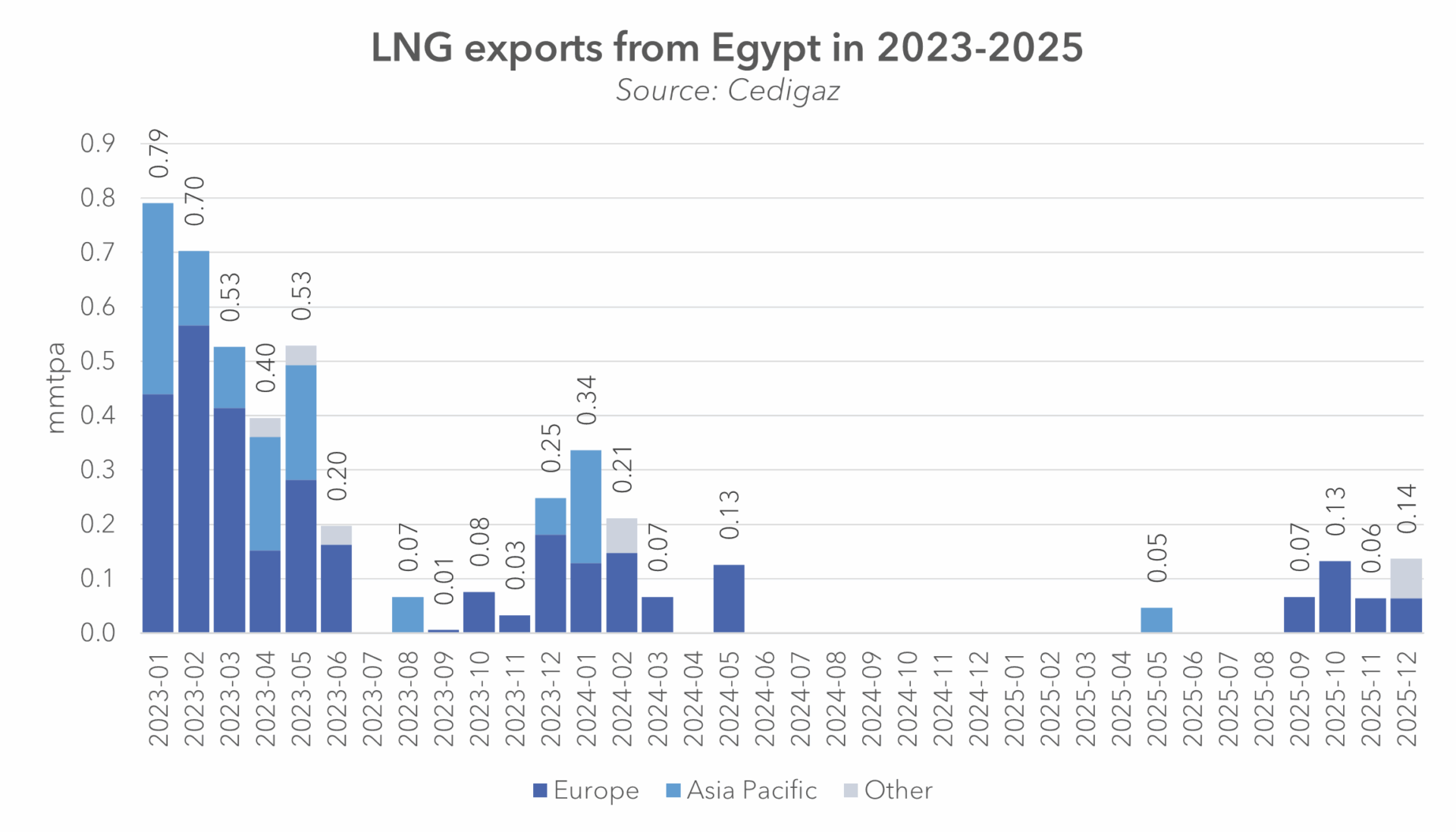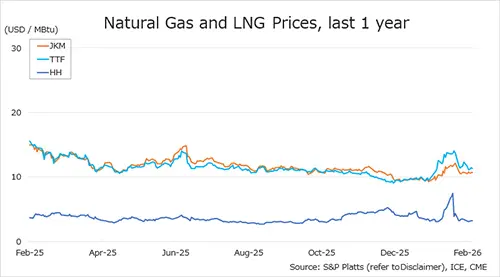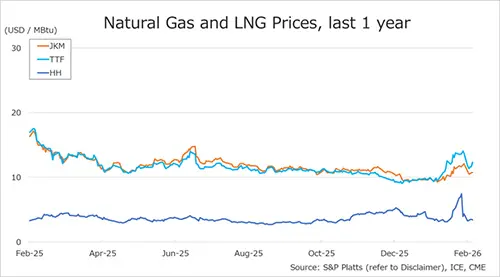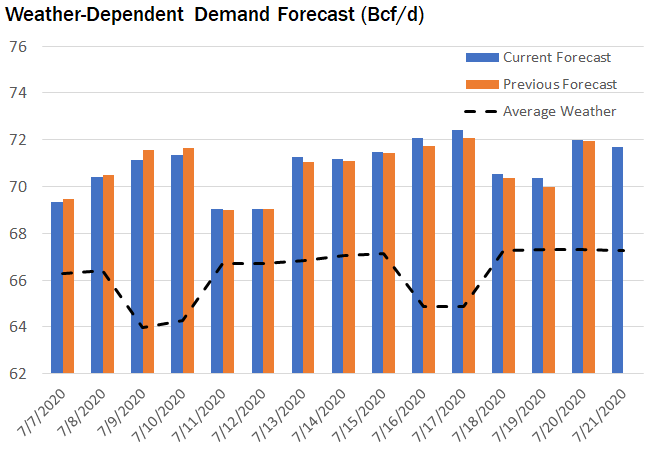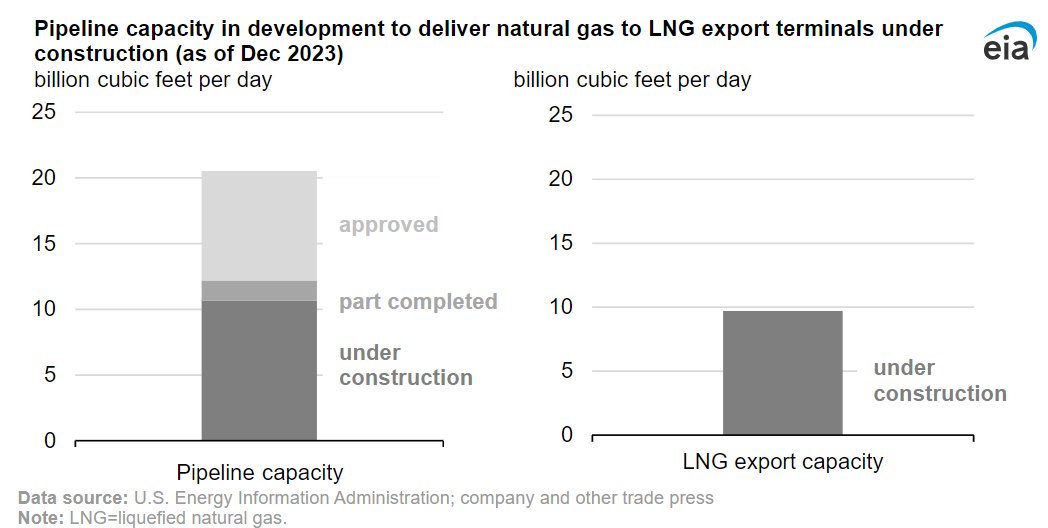By Emmanuel Reille & Delphine Jacquemont
The main difference between a liquefied natural gas (LNG) sale and purchase agreement (“SPA”) and a gaseous gas supply agreement lies in the greater flexibility afforded to both the purchaser and the seller with regard to the gas’ final destination. Indeed, ships carrying LNG may modify their destination depending on demand and price fluctuations in various markets.
While traders have long been taking advantage of such fluctuations, they are no longer the only players in the field of arbitrage. In fact, long-term contracts increasingly contain provisions enabling both the purchaser and the seller to seize arbitrage opportunities.
One of the most commonly used contractual mechanisms is a diversion right combined with a profit-sharing clause, which enables parties to modify the destination of an LNG cargo in order to optimise its value subject to their reciprocal undertaking to share the resulting profit.
The diversion right is undoubtedly an advantage for the purchaser since it may, at any time, arbitrate where to unload the shipment depending on its needs and on the price fluctuations at different locations.
This right is also an opportunity for the seller since, given the flexibility granted by the provision, it may more easily find purchasers ready to enter into long-term off-take agreements (take or pay). Additionally, the seller may, through a profit-sharing mechanism, benefit from the profit generated by a diversion.
However, such diversion and profit-sharing mechanisms must be carefully drafted.
VALIDITY OF PROFIT-SHARING CLAUSES UNDER COMPETITION LAW
Under EU competition law, profit-sharing mechanisms are considered anti-competitive when they have the effect of restricting the ability of a purchaser located within the EU to re-sell gas/LNG outside its domestic market.
In 20021 and 20072, the EU Commission, as well as the Japan Fair Trade Commission (JFTC) in 20173, provided some useful guidance: a profit-sharing provision shall be considered unlawful in the event it limits the purchaser’s resale ability, i.e. the ability to sell the LNG/gas after it acquires its ownership. Conversely, such profit-sharing mechanism shall not be unlawful in the event it is combined with a diversion occurring when the supplier is still the owner of the LNG/gas.
In practical terms, there are two different categories of LNG supply agreements:
- contracts providing for a transfer of LNG ownership and risks to the purchaser at the loading port, i.e. where contracts are entered into under “free on board” (FOB) or “cost insurance and freight” (CIF) terms; and
- contracts providing for a transfer of LNG ownership and risks to the purchaser at the unloading port, i.e. where contracts are entered into under “delivery ex-ship” (DES) or “delivery at port” (DAP) terms.
In the first category of contracts, a clause enabling the supplier to split additional profit incurred as a result of a diversion during the LNG shipment shall be in general unlawful, whereas such clause shall be in general valid in the second category of contracts. Indeed, it can be understood from recent EU Commission decisions that the transfer of title and risk is considered as an essential criteria in determining the validity of the clause.
Hence, a profit-sharing clause combined with a diversion right may only be validly stipulated in LNG supply contracts providing for DES or DAP terms of delivery.
However, a case-by-case analysis must always be undertaken to determine whether the clause’s application conditions may be deemed unreasonably unfavourable to the purchaser and therefore have the effect of preventing or deterring the purchaser from proposing to change the destination of a cargo.
RECOMMENDATIONS REGARDING THE DRAFTING OF SUCH PROVISIONS
Diversion rights and profit-sharing mechanisms must be carefully drafted to minimise the risk of disputes. The purchaser and the supplier shall, when drafting such mechanisms in a DES/DAP supply contract, consider the following questions:
- How should the diversion right be defined? Most of the time, it is defined as the right to request that an LNG cargo be delivered to the purchaser (or to a third-party purchaser) at an unloading port different from the one originally agreed or planned.
- Who is entitled to request a diversion? In most cases, the right to propose a diversion is granted to the purchaser, but it may also be granted to the seller. In any event, the instruction procedure to be applied following one party’s diversion request shall be described in detail, with answering deadlines binding upon the other party.
- May a party refuse any diversion request received? Generally, the terms of the contract provide that a refusal shall not be “unreasonable”. Reasonable grounds for refusal would be, for instance, for the seller to invoke the fact that the requested unloading port is not appropriate to safely receive the LNG carrier.
- What level of information shall be requested with regard to the contemplated diversion? The party which receives a diversion request shall be provided with sufficient information to assess the opportunity and the risks of such diversion and make an informed decision. However, the disclosure of information shall not lead to the exchange of information that may be sensitive between competitors or potential competitors (which may require the intervention of an independent auditor) and the disclosure of information shall be undertaken in compliance with non-disclosure agreements entered into with third parties, as the case may be.
- When the diversion occurs to the benefit of a third-party purchaser, who signs the sale agreement and who assumes the default risk? In practice, the seller, who holds title to the LNG, enters into the sale agreement with the third-party purchaser. However, the default risk is usually split, with the seller paying to the purchaser its share of profit only provided it has actually collected the sums and to the extent of such amount collected.
- How is the profit generated by a diversion defined and calculated? Profit is the difference between (i) the resale price by the initial purchaser (or the price payable by the third-party purchaser) on the market of the new unloading port and (ii) the price at which the initial purchaser could have resold the same volume of LNG at the initially agreed unloading port, minus the additional costs (transport in particular) incurred as a result of the diversion. As previously indicated, in the event the purchaser and the seller are competitors or potential competitors, the calculation of the profit generated by the diversion shall be undertaken by an independent auditor in order to prevent the exchange of sensitive information.
- How should the diversion profit be split between the purchaser and the supplier? The model contract published in 2012 by the Association of International Petroleum Negotiators (Master LNG Sale and Purchase Agreement) contains an optional clause providing that the parties shall mutually agree, for each contemplated diversion, on a “commercially reasonable” splitting of profit. A safer alternative could be to contractually determine in advance the calculation formula (50/50 is the most common practice).
- How should disputes be handled? In the event of a dispute regarding the profit-sharing calculation, contracts generally provide for the intervention of an expert. If the expert cannot resolve the dispute, it is usually subject to international arbitration.
